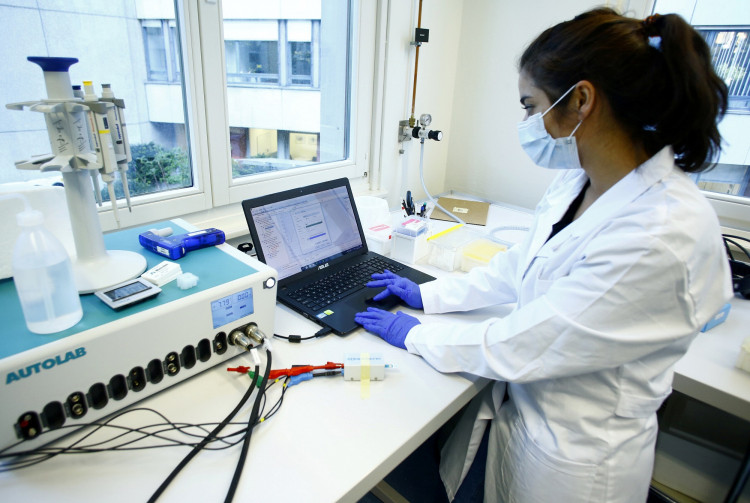Our bodies have their way of identifying signals that we can't consciously detect. One example is a human being's breathprint, which is a chemical biomarker that can be used to diagnose lung complications like COPD, asthma, lung cancer, and even COVID-19.
Now, imagine if we can consciously detect these biomarkers. The resulting product would be a device called an electronic nose, or E-Nose for short. It's made out of carbon and plastic nanotubes, allowing it to sniff out chemical compounds related to different kinds of lung infections.
This newly designed E-Nose has a high level of accuracy and can produce an analysis in just a few minutes. Unlike earlier versions, this new model is reusable, compact, and can be used at room temperature. Individuals with asthma or COPD are particularly susceptible to COVID-19, so the E-Nose has the potential to be a game-changer in order to detect the existence of the virus faster.
In a new study published in the journal Advanced Healthcare Materials, researchers noted that the E-Nose won't be hard to reproduce as it uses carbon nanotubes, a thin but strong material. "CNTs [carbon nanotubes] were synthesized by aerosol chemical vapor deposition and deposited in the form of thin transparent and conductive films," Albert Nasibulin, a co-author on the study professor at the Skolkovo Institute of Science and Technology, said in a statement. "This technology is highly reproducible, easily scalable, and allows applying films of nanotubes to any surface."
The team of researchers set out to test the E-Nose among a group of participants, nine of which were healthy and 21 diagnosed with COPD. All were made to breathe into straws with the device inside a plastic bag.
The used bags were then sealed to avoid cross-contamination, and using the E-Nose, the bags were examined. Researchers noted that it took the device only three minutes to identify the samples.
The E-Nose was able to detect higher levels of nitrogen dioxide -- an identifier for COPD -- in participants with COPD, which differentiated them significantly from healthy participants.
The success of the trial means that the device can be used in various medical environments in the future and that it could be potentially mass-produced. However, the team of scientists may have to conduct more elaborate clinical trials to make the design fool-proof and ready to be used in hospitals and clinics. The research is also hopeful of the E-Nose's capability of detecting the presence of the coronavirus to be developed even further.






